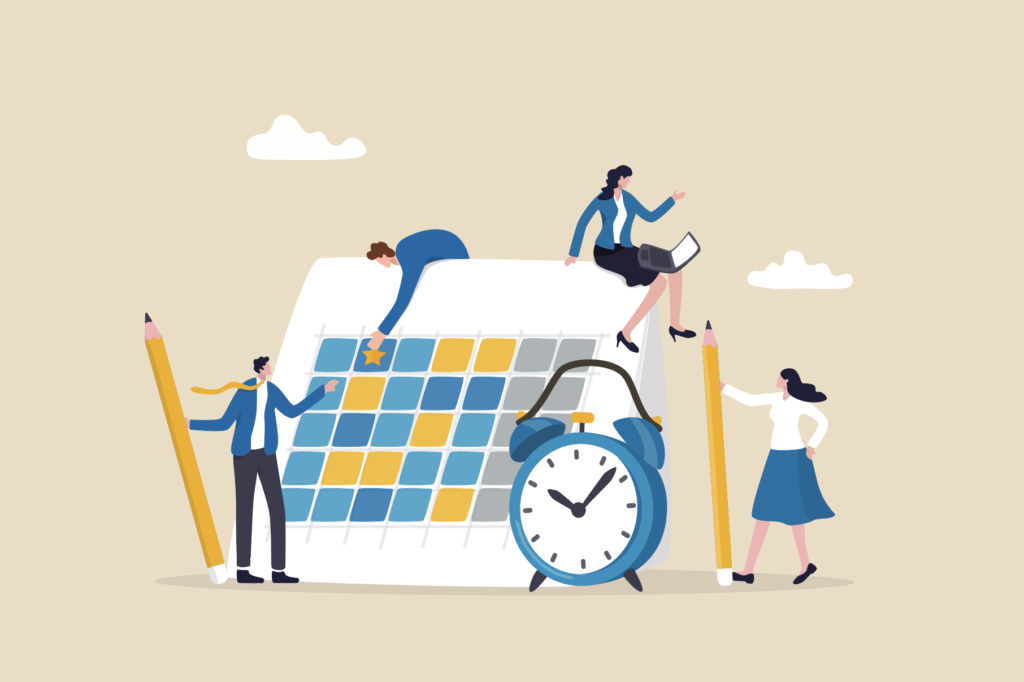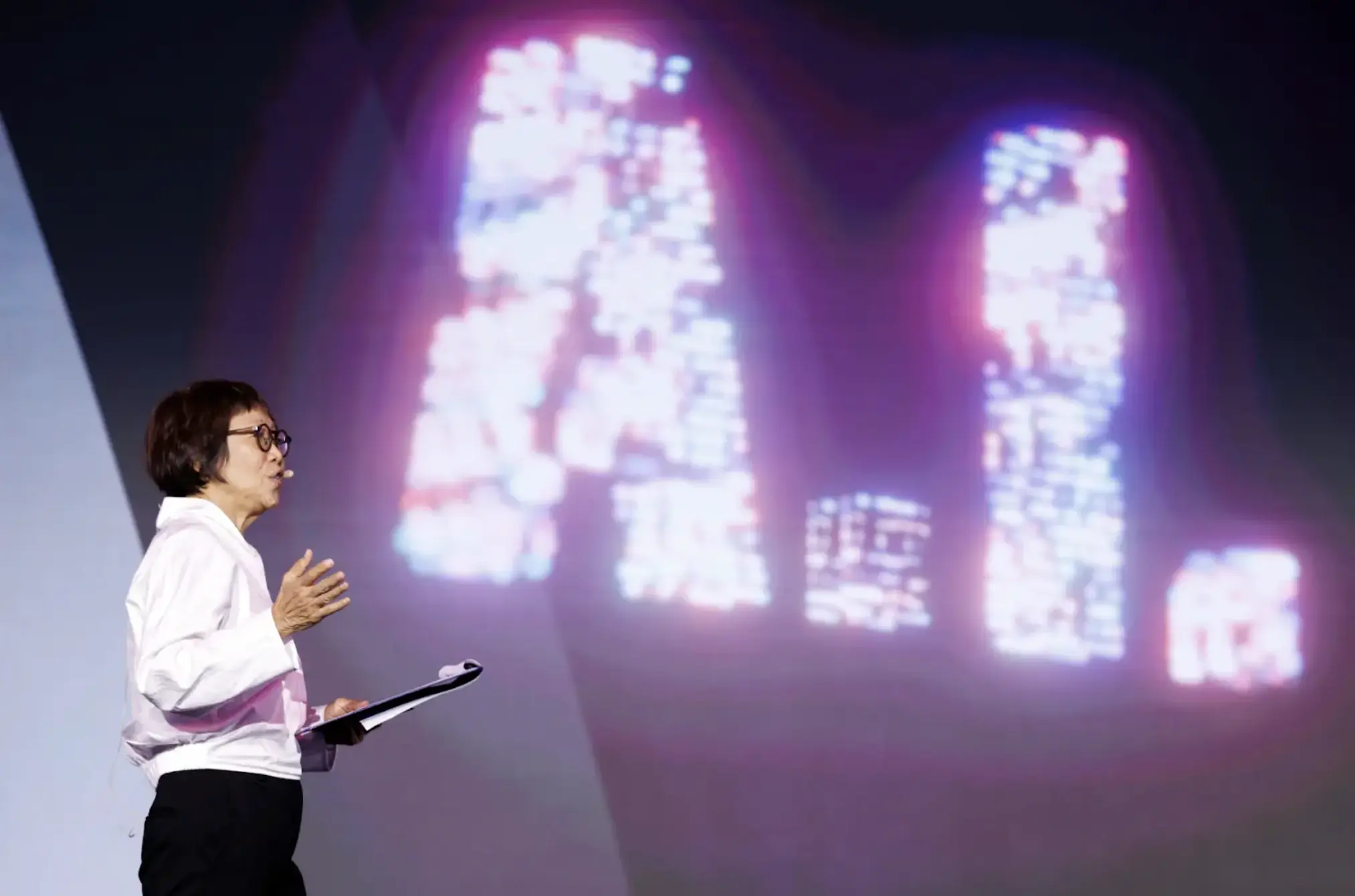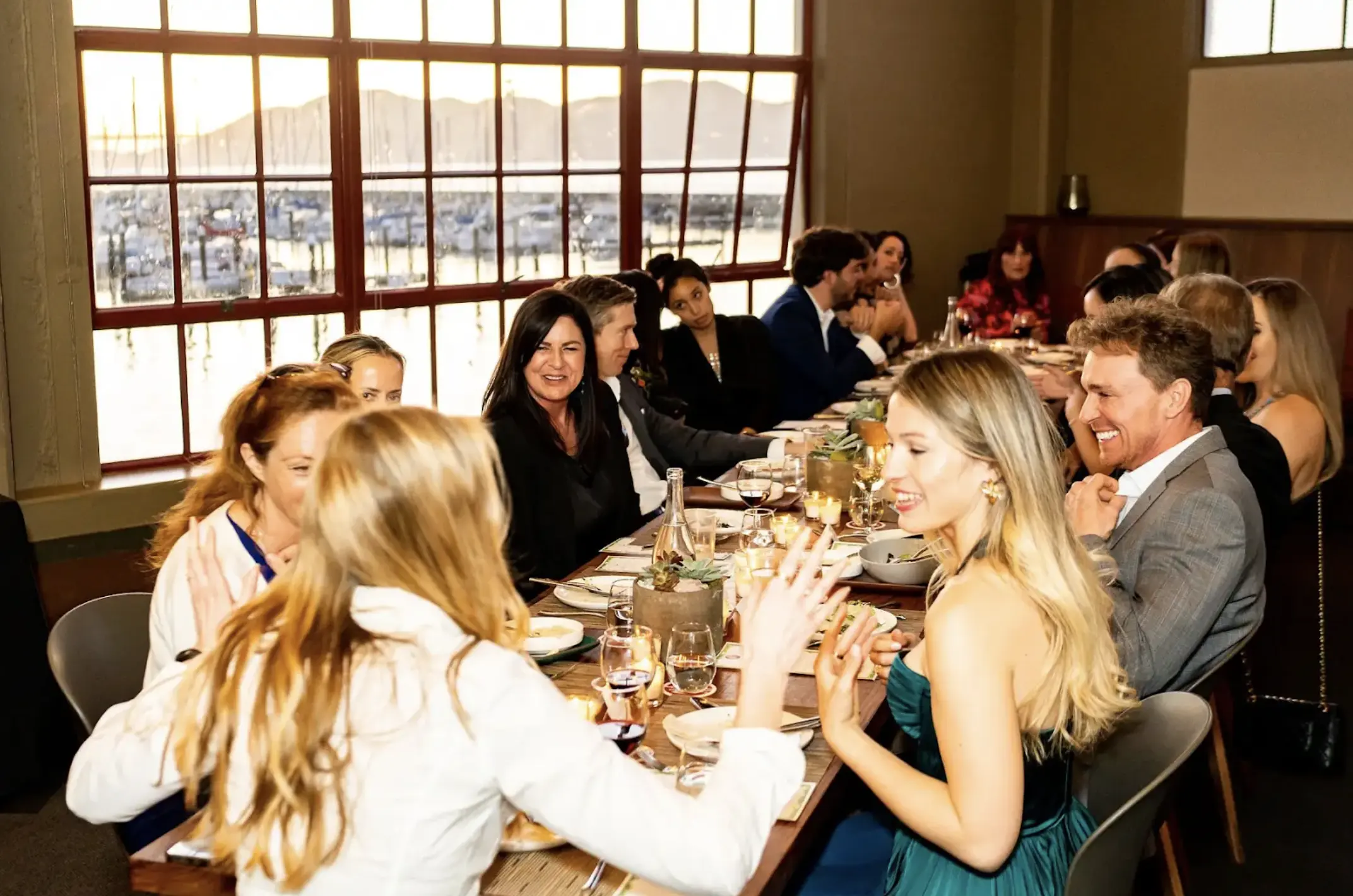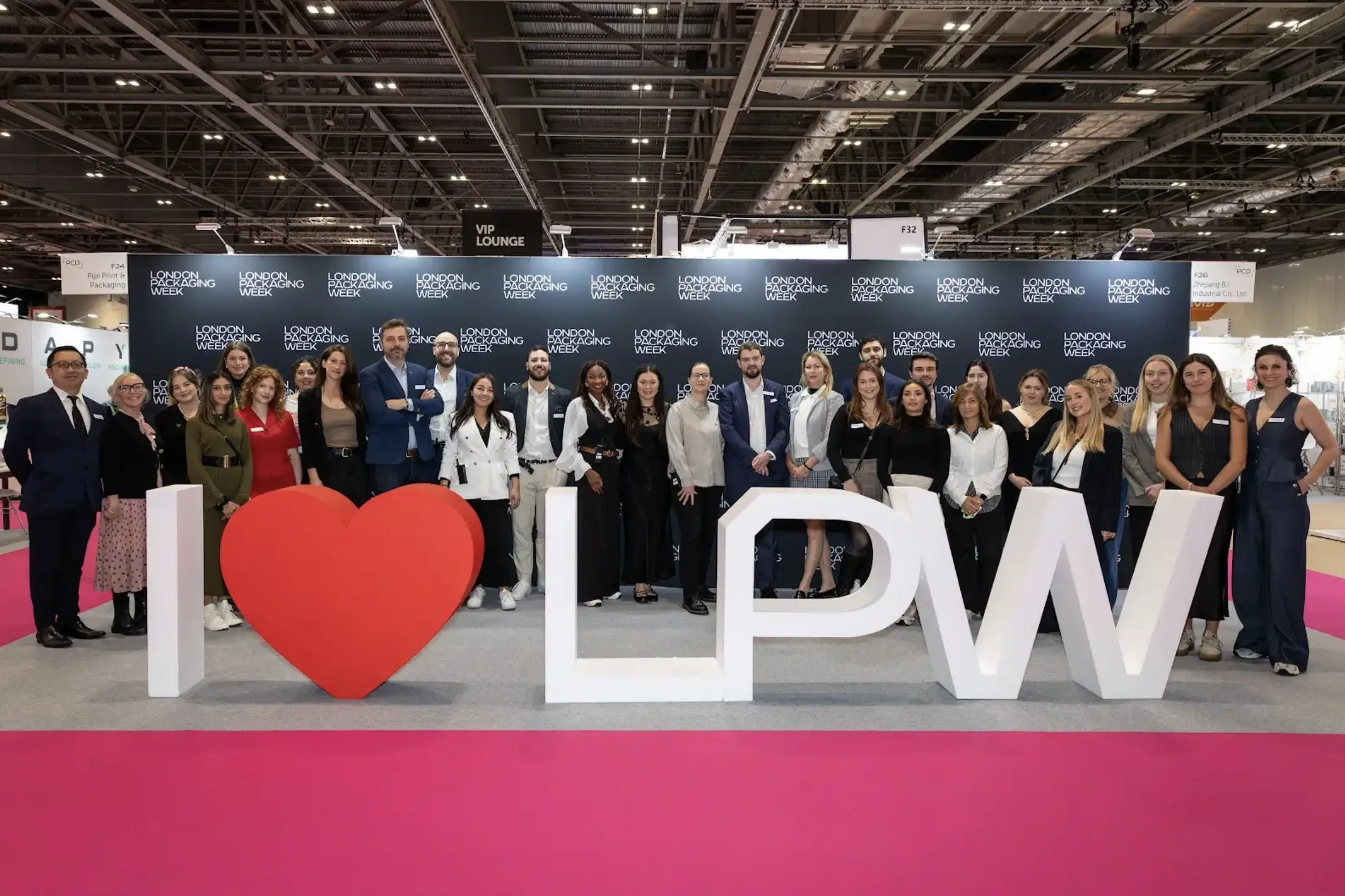Events are a not-so-secret weapon in modern demand-generation strategies. Take it from Robyn Winner, the head of demand gen at AI-powered logistics platform Loop, which powers visibility and automation in the supply chain space.
“Demand generation is complex and extensive,” Winner told Vendelux. “It encompasses everything from initial brand awareness to lead creation, education, meeting booking, opp creation [and] deal wins,”
she explained. Unsurprisingly, each of these business-driving elements are known to be top objectives when putting on an event.
The events world, however, is new to Winner, whose professional experience thus far has put a greater focus on digital. “Most of my focus was on engaging folks who I will likely never meet,” Winner recalled of her previous roles.
“Events have been eye opening for me. It’s high-touch—as personal as it gets. We’re able to build our brand, educate audiences, progress deals and close business all within one channel.”
Events have also proven to be effective in “quickly testing marketing messaging and getting real-time feedback on what’s resonating and what’s not,” Winner added. And while the expert marketer said she “honestly cannot think of an industry where events wouldn’t work” for demand gen, it’s important to consider the type of event. It’s “crucial to buyer behavior,” Winner said.
“Just because a cohort of your ICP [ideal customer profile] is going to an event, doesn’t mean they’re primed for purchase,” Winner warned. “This is where the nuance comes in—understanding the intent of that event,” she added, noting that “if it’s solely for education credits, people will be less likely to have their checkbooks out.”
Most of that nuance is determined via “research research research,” according to Winner, who said that at Loop, she’s found that she’s mostly dealing with analog buyers who’ve “sat in the same role or at the same company for 15-plus years.” It’s important to also know that these buyers aren’t very active on digital channels, “so our routes to success are through meeting them in person,” Winner said of her work at Loop.
But even when working at B2B SaaS companies in the past—when the ratio of digital to in-person demand gen efforts were 70-30—Winner said it was important to incorporate a “healthy mix of trade shows, happy hours, dinners tied to the trade shows (which you can read more about HERE), regional activation moments (like sports games, fun dinners and cool experiences) and executive roundtable events.”
Why? Because “some will be more suited towards that net-new audience generation,” Winner offered—such as trade shows—while other types will be more for account-based marketing or deal acceleration moments, which are typically more relevant to B2B sales tactics. At a conference Loop attended in October, Winner said the software firm was “able to re-engage contacts with multiple open deals and progress those deals to the next stage.” And the beauty of this happening at the Loop Conference 2024: “attribution is the cleanest” to your sales team, said Winner, who has “seen events tied up to 40% of closed-won deals.”
But for fellow event professionals looking to prioritize demand gen and not hosting their own tentpole conference, consider Winner’s approach:
“If we’re [Loop is] at a trade show, we are 100% doing a happy hour and a dinner.”
Winner said she reaches out to invite folks ahead of the trade show in an effort to also land a meeting with them during the day at the trade show. And whenever possible, Winner is looking to bring in a partner “to share the cost and improve the size of the audience.”
In fact, among the most common mistakes when using events for demand gen, according to Winner, is “not getting creative with ancillary activation moments around events.” Though this is so “company specific,” Winner noted, Loop’s ideal customer, as mentioned, “loved a chance to chat in a fun environment—so a well-planned happy hour rules all.”
Winner continued: “In fact, some of my sales partners would argue that a happy hour is more valuable than a booth, and we don’t even need to attend a tradeshow to have a successful happy hour. We just need access to the contacts attending and we can invite them!”
In addition, beware of events teams that shy away from interactions with their peers over in marketing and sales departments, Winner warned. “Well-run events require sales and marketing to be in lock step.” Winner said she accomplishes this by creating an information deck and sharing it in a scheduled meeting with Loop’s sales team. A dedicated Slack channel is also helpful in having “a singular location to chat through logistics,” Winner offered. It can also serve as a place for coworkers to share activation moments, such as when they booked a meeting, or what other ancillary events they’ve signed up for.
On the other hand, for professionals who have yet to fully leverage events as a core part of their demand gen strategy, start with attending events—and be sure that whoever you’re sending understands if others in attendance are new buyers, or part of a new industry. If so, don’t be afraid to send an account executive as a company representative “to go test the waters before fully committing” to either buying a booth or hosting an ancillary event the following year, Winner suggested.
Post-event, when measuring the effectiveness of demand gen efforts, Winner recommended looking at booth visits, but really prioritizing the number of meetings booked and opportunities created is key. “I am a marketer who’s fixated on ensuring we book quality meetings and close deals,” Winner told Vendelux. “I try not to bloat our database with people who aren’t directly ICP and would have no reason to hear from us.”
When asked for a lasting thought, Winner concluded:
“Depending on your industry and buyer, events can make or break your budget and pipe generation. Understanding where your buyer learns, how they connect and experience is key—[and] understanding which event offers up that buyer in the right mindset is key.”




